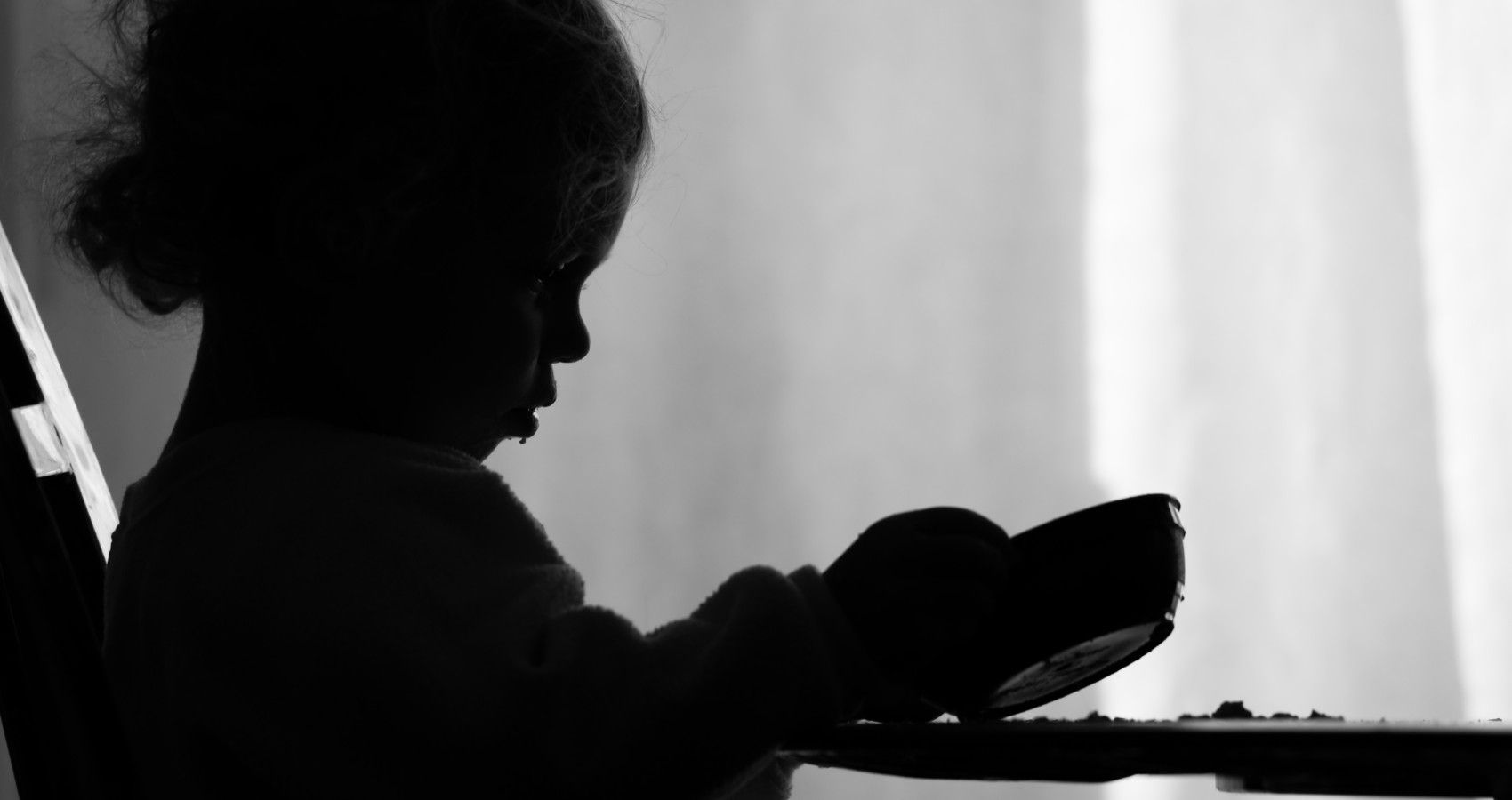Babies and toddlers are feeling their parents' financial struggles during the pandemic. To what degree the financial struggles exist all depend upon the state in which the children live. And for those who were living in locals with fewer opportunities for services such as welfare, childcare, and healthcare before the pandemic struck, the pandemic served to do nothing but make living conditions more stressful than they already were.
Children of very young ages are acutely aware of how stressed their parents are, simply just by observing them. And unfortunately, those feelings of stress from financial issues, food insecurity, and even the ability to regularly attend medical appointments can be transferred from parent to child.
According to MedlinePlus, when a baby or toddler is under stress, they will have subtle to very distinct changes in personality. From stomach pain, regression, lack of appetite, clinginess, inability to sleep, and more, children will physically exhibit if they are under stress.
During the pandemic, babies and toddlers who lived in households who were already facing stressors of one kind or another had those stressors magnified.
According to Truthout,
•In 2019, 18.6 percent of infants in the United States lived in poverty.
•After the pandemic hit, 40 percent of American Indian/Alaska Native babies and over 34 percent of Black infants and toddlers found themselves living in a state of poverty and also found themselves in households where both parents were not working.
The State of Babies Yearbook 2021, compiled by ZERO TO THREE, found that in these households:
•14 percent of families before the pandemic suffered from food insecurity. However, according to RAPID-EC, as a result of the pandemic, those numbers rose to 27 percent.
This was caused by the food regularly purchased being consistently out of stock and higher-priced items having to be purchased instead. And in some cases, formula was not stocked, leaving many families wondering how they were going to provide nutrition for their babies.
The pandemic also caused babies and toddlers to miss out on their well-child check-ups, according to Truthout, in households with financial instability. While 9 percent of children did not have access to regular pediatric care before the pandemic per The State of Babies Yearbook 2021, after the pandemic struck, that number climbed to 38 percent per RAPID-EC.
Families who struggled financially had a higher rate of mental health issues versus those who felt financially stable before the pandemic. Those rates were just shy of 25 percent versus just over 17 percent, respectively, according to The State of Babies Yearbook 2021. And, the pandemic caused those who had a higher rate of mental health to have more "emotional distress early on," according to Truthout. Many continue to have that distress currently.
Those hardest hit by mental health issues were those who have children with disabilities, single-parent homes, and Black and Latinx families, according to RAPID-EC.
While children are very resilient, it is too early to be able to determine how the pandemic has affected and will continue to affect them. However, what is known is that those who live in states where it is hard to make a living wage, face food insecurities, do not have proper access to healthcare, and have parents who suffer from mental illness, have a tougher hill to climb emotionally than those who were less impacted.
As such, it is imperative that babies receive the help they need from state and federal governments so that they are not detrimentally impacted by catastrophic events and instead can come out relatively unscathed.
Source: Truthout, The State of Babies Yearbook 2021, RAPID-EC, MedlinePlus

